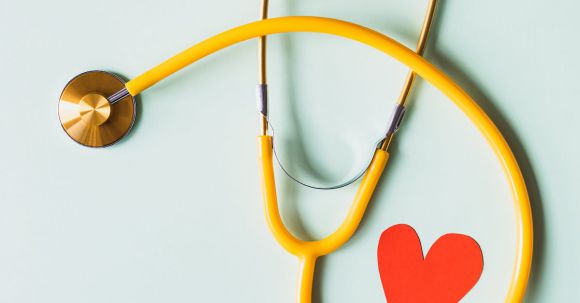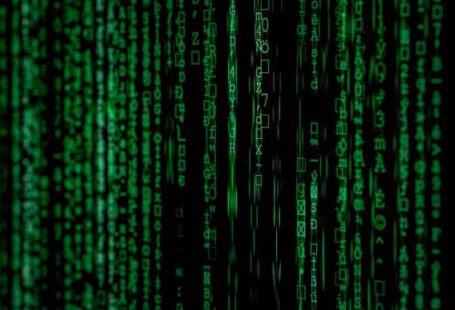Advances in technology have the power to revolutionize various industries, and healthcare is no exception. One groundbreaking innovation that is set to transform the way we approach healthcare is the development and implementation of biosensors. These tiny devices have the potential to provide real-time monitoring and analysis of various biological parameters, leading to more accurate diagnoses, personalized treatments, and improved patient outcomes. In this article, we will explore how biosensors will change healthcare and the potential benefits they bring to the table.
Enhancing Disease Detection and Diagnosis
One of the key ways in which biosensors will change healthcare is by significantly improving the detection and diagnosis of diseases. Traditional diagnostic methods often involve time-consuming and invasive procedures, which can lead to delays in treatment initiation. Biosensors, on the other hand, offer a non-invasive and real-time approach to monitoring the body’s biological markers.
For example, biosensors can be designed to detect specific biomarkers in bodily fluids such as blood, saliva, or urine. By continuously monitoring these biomarkers, biosensors can provide early detection of diseases such as diabetes, cardiovascular disorders, and even certain types of cancer. This early detection has the potential to increase survival rates and improve overall patient outcomes.
Personalized Treatment Approaches
Another significant impact of biosensors on healthcare lies in their ability to facilitate personalized treatment approaches. Traditional treatment plans often follow a one-size-fits-all approach, which may not be the most effective for every patient. Biosensors, however, can provide real-time data on a patient’s physiological parameters, allowing healthcare professionals to tailor treatment plans to individual needs.
For instance, biosensors can be used to monitor medication levels in the body, ensuring that patients receive the optimal dosage for their specific condition. This personalized approach can minimize side effects and maximize treatment efficacy. Additionally, biosensors can also provide feedback on a patient’s response to treatment, enabling healthcare providers to make timely adjustments and optimize therapeutic outcomes.
Remote Monitoring and Telemedicine
The rise of biosensors also opens up new possibilities for remote monitoring and telemedicine. With the ability to wirelessly transmit data to healthcare professionals, biosensors allow for continuous monitoring of patients outside of traditional healthcare settings. This is particularly valuable for individuals with chronic conditions who require regular monitoring but may not have easy access to healthcare facilities.
For example, biosensors can be integrated into wearable devices such as smartwatches or patches, allowing patients to monitor their vital signs and receive real-time feedback on their health status. This remote monitoring capability not only enhances patient convenience but also enables healthcare professionals to proactively intervene in case of any concerning changes in the patient’s condition. This can lead to early intervention, reduced hospitalizations, and improved overall management of chronic diseases.
Ethical Considerations and Challenges
While the potential benefits of biosensors in healthcare are vast, it is crucial to acknowledge and address the ethical considerations and challenges that come with their use. Data privacy, security, and the potential for misuse are some of the key concerns that need to be carefully navigated.
Additionally, the integration of biosensors into existing healthcare systems and workflows will require significant investment in infrastructure, training, and regulatory frameworks. The successful implementation of biosensors will require collaboration between various stakeholders, including healthcare providers, technology developers, policymakers, and patients themselves.
In conclusion, biosensors have the potential to revolutionize healthcare by enhancing disease detection and diagnosis, facilitating personalized treatment approaches, and enabling remote monitoring and telemedicine. While there are ethical considerations and challenges to overcome, the transformative impact of biosensors on healthcare cannot be understated. As technology continues to advance, it is essential for healthcare systems to embrace these innovations and harness their potential to improve patient care and outcomes.





